The first question many homeowners have is which is better, SPC or vinyl? Both types of flooring have their benefits and drawbacks, and there’s no clear answer. SPC tends to be more durable, but WPC is softer under foot and has better noise-absorption qualities. But SPC is a better choice for homes than for office floors. If you’re looking for the most durable floor covering for your home, consider SPC.
The main difference between SPC and vinyl flooring lies in their wear layers. Vinyl-only flooring doesn’t have any added protections and is the weakest of the four. Polyurethane-based wear layers are more durable and scratch-resistant. Some brands add ceramic bead technology to their polyurethane layers, creating a ball-bearing-like protective layer. Look for a company that makes its products from sustainable materials such as hemp or sustainable wood.
SPC flooring is waterproof and stain-resistant. It features an embossed or printed wood-like pattern. Some varieties are also made with cork or foam underlayment. SPC and vinyl flooring are surprisingly affordable, with prices ranging from $1.50 to $2 per square foot. Moreover, both types have a number of advantages. Depending on your budget, SPC flooring may be more suitable for your home.
When choosing between SPC and vinyl flooring, consider the benefits and drawbacks of each type. LVP is more expensive, but its durability is unbeatable. The former is more expensive and is prone to stains, but it’s also easier to clean. SPC flooring doesn’t crack or warp and is waterproof, a huge benefit for anyone with a small budget. This material is best for high traffic areas such as hallways and kitchens.
Although SPC and vinyl flooring are cheaper, SPC has more advantages. SPC’s rigid core solves many of the disadvantages of LVP, including shrinkage and abrasion. While SPC is warmer than LVP, it retains the advantages of both materials. In the long run, choosing SPC flooring is better for your home. So, if you’re planning to buy vinyl plank flooring, consider the benefits of both options.
Vinyl tile flooring is also an excellent choice. Its core contains recycled wood pulp, which makes it sound absorbing. In addition to its low density, SPC has a high-quality feel underfoot and can reduce noise. Vinyl floors, on the other hand, tend to have high maintenance costs. The latter is a better option for homes with children. However, it’s not ideal for crowded areas. In fact, some homeowners prefer the warmth of wood, but that’s only true for some types of homes.
WPC is the less expensive option. However, it doesn’t feel as cool underfoot as SPC and vinyl. SPC vinyl is also more durable and comfortable, especially for high-traffic areas. Although SPC vinyl is more durable, it can still be prone to denting. If you’re worried about your budget, WPC is the better option. But SPC is a cheaper option if you’re looking for an affordable faux wood floor.
SPC is a great option for residential homes. It can be very durable, and it’s also very easy to install. SPC flooring requires very little prep, while WPC doesn’t. It’s also less dense than SPC, so it’s more comfortable underfoot. WPC is especially suited to areas with constant foot traffic. It’s not as durable as SPC, but it is better than vinyl for a basement.
WPC is more affordable than vinyl. WPC planks are usually slightly cheaper than vinyl-only LVP. Both types of flooring are durable and waterproof, but they’re still not identical. However, both types are still better than vinyl, and you’ll want to weigh the pros and cons of each before you choose either type of flooring. So, which is better SPC or vinyl? And, what about the price?

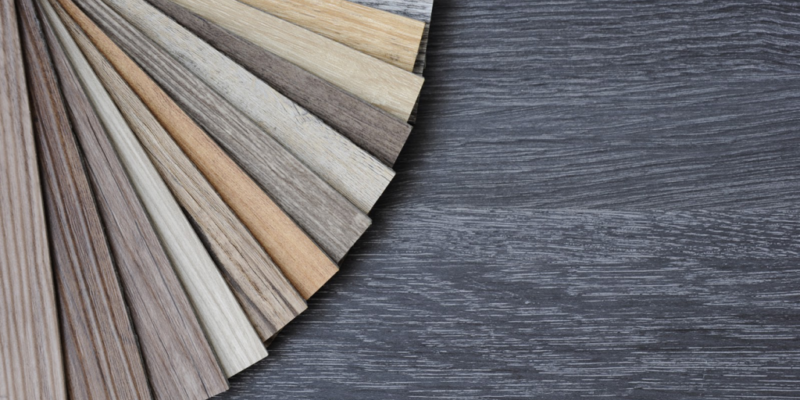

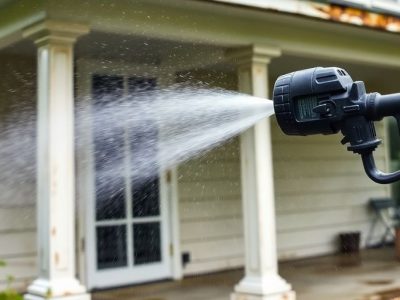

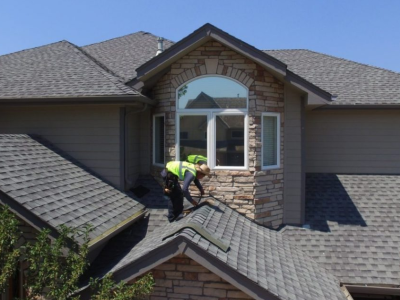
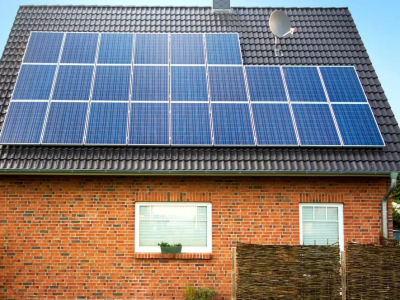
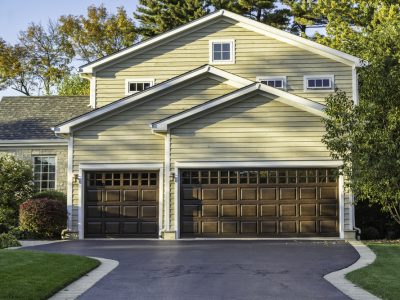




Comments